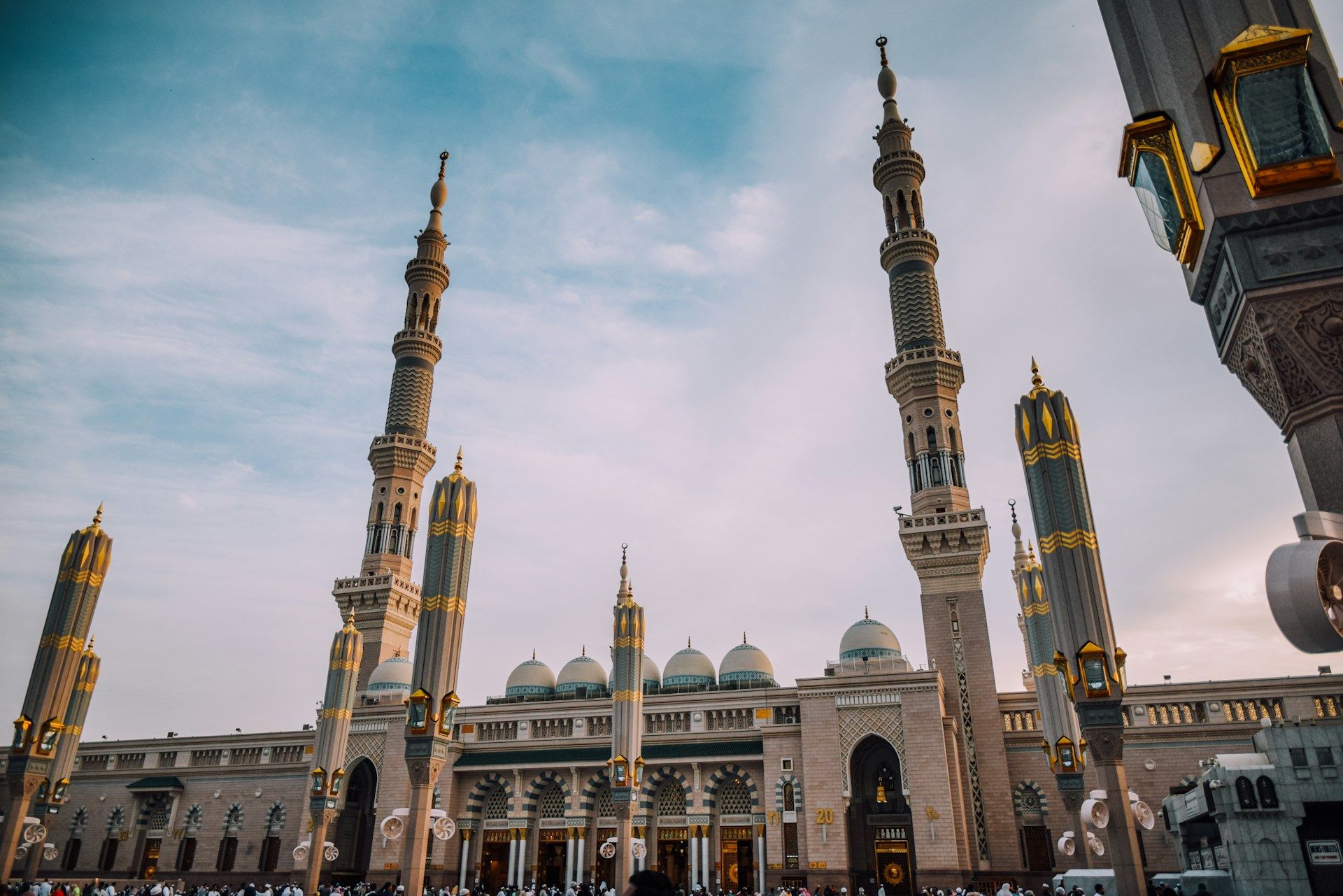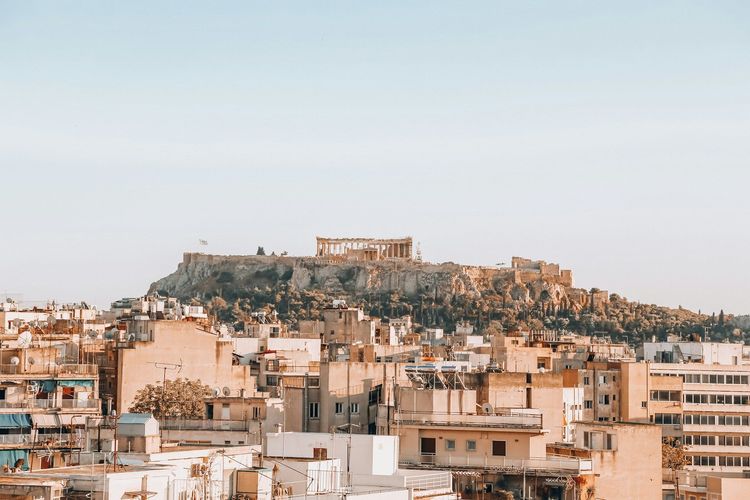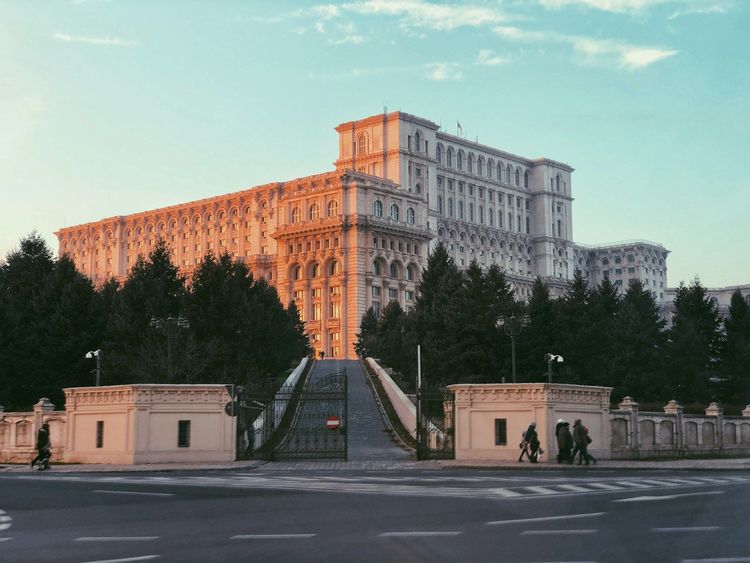Just a few years ago, Saudi Arabia seemed like a closed world, accessible only to a select group of foreign specialists. However, today it is one of the fastest-growing and most ambitious economies in the world. Expat interest in the Kingdom is rapidly growing amid the ambitious reforms under the Vision 2030 strategy. Megaprojects like the futuristic city of NEOM, the Qiddiya entertainment complex, and the Red Sea Global tourist oasis are creating thousands of jobs with competitive salaries. The liberalization of social norms, the introduction of tourist visas, and the launch of new programs for skilled professionals and investors are dramatically changing the country's image. Saudi Arabia is actively opening up to the world, offering expats a unique opportunity to witness and participate in historic transformations.
But behind this façade of ambitious projects lies everyday life. What is the real cost for a foreigner? Moving to a country with such a unique cultural identity requires careful preparation. Let's explore the financial and cultural realities you'll face in Saudi Arabia in 2025.
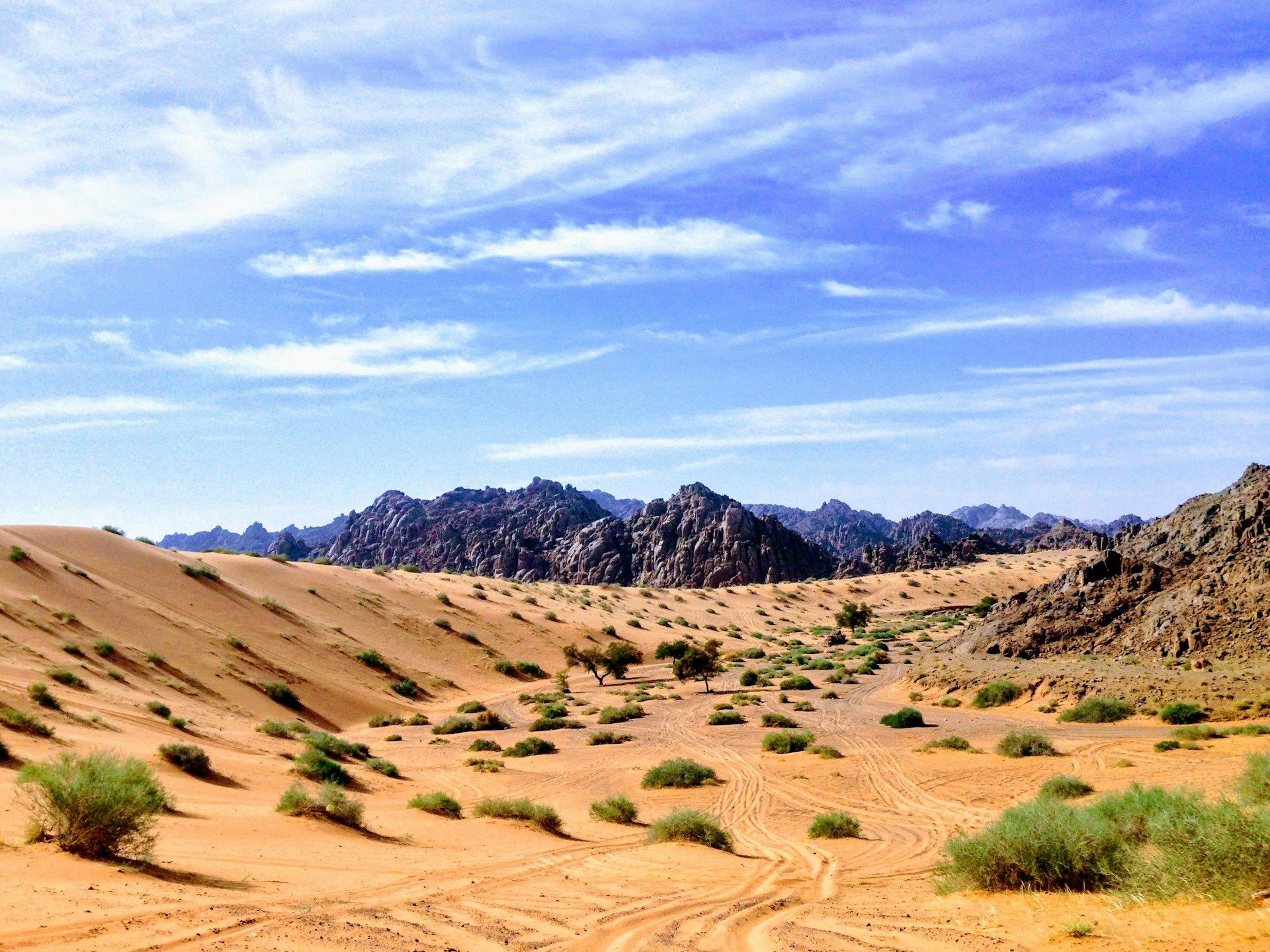
Taxes and Income: A Taxpayer's Paradise?
The Kingdom's tax system is one of the key arguments for relocating.
- No income tax. This is the main financial magnet. The salary stated in your contract is the amount you receive in hand. There are no deductions for the government from your personal income.
- Value Added Tax (VAT). In 2025, the standard VAT rate will remain at 15%. It applies to most goods and services, including food, gasoline, restaurants, and communications.
- Foreign Worker Tax. Employers pay the so-called "iqama" fee (Saudiization Levy) for each foreign employee. This tax is usually invisible to expats, as it is the employer's responsibility to cover it.
- Cost of Services. Utilities (electricity, water, air conditioning) are generally subsidized by the government, but can be significant, especially in the summer, due to extremely high temperatures and constant air conditioning. Internet and mobile phone service are relatively inexpensive.
Housing: Renting or Buying?
The real estate market is diverse, and prices vary greatly by city and region.
-
Renting. The most common option for expats. Many companies include rent or provide housing allowance in the contract.
-
Luxury complexes (compounds) in Riyadh or Jeddah with their own amenities (swimming pools, gyms, security): from $3,000 to $7,000+ per month.
-
Two-bedroom apartment in a good area of Riyadh: $1,200 - $2,500 per month.
-
One-bedroom apartment in Jeddah or Al Khobar: $800 - $1,800 per month.
-
Purchase. Under Vision 2030, foreigners are allowed to purchase real estate in certain areas. Prices per square meter in upscale areas of Riyadh can reach $3,500–$5,000.
Living expenses: food, transportation, and education
The standard of living is high, but prices in many categories are comparable to European ones.
- Food. It's a mixed bag. Local produce (vegetables, fruits, bread) is quite inexpensive. Imported goods from Europe or the US can cost 1.5–2 times more. The average weekly supermarket bill for one person is $70–$120.
- Transportation. Gasoline is among the cheapest in the world (around $0.5–$0.6 per liter). Taxis and car-sharing services (Uber, Careem) are widely available. Renting a car starts at $400 per month. Many expats prefer to own their own car.
- Healthcare. Employers are required to provide expatriate employees with comprehensive health insurance. Private clinics, especially in large cities, are equipped with state-of-the-art technology.
- Education. International schools (American, British) are the primary choice for expats. A year's tuition for one child can cost between $10,000 and $25,000 or more. Educational packages are often part of the compensation plan.
Cultural Peculiarities: New Rules of the Old Kingdom
Saudi Arabia is undergoing significant social change, but remains a deeply traditional country.
The dress code for female expats has been significantly liberalized. The mandatory abaya (black cloak) has been abolished, but modest clothing covering the shoulders and knees is expected in public. Men are also advised to avoid shorts and tank tops away from beaches or gyms.
Religious traditions still determine the rhythm of life. During Ramadan, eating and drinking in public places during daylight hours is prohibited for everyone. Friday is an official day off. Namaz is performed five times a day, and most shops and restaurants close for 20-30 minutes to perform it.
The rules of conduct have become more relaxed. Gender restrictions in public spaces have been lifted: restaurants, parks, and shopping malls are now open to everyone. However, public displays of affection between partners are still frowned upon. Alcohol is completely banned in the country.
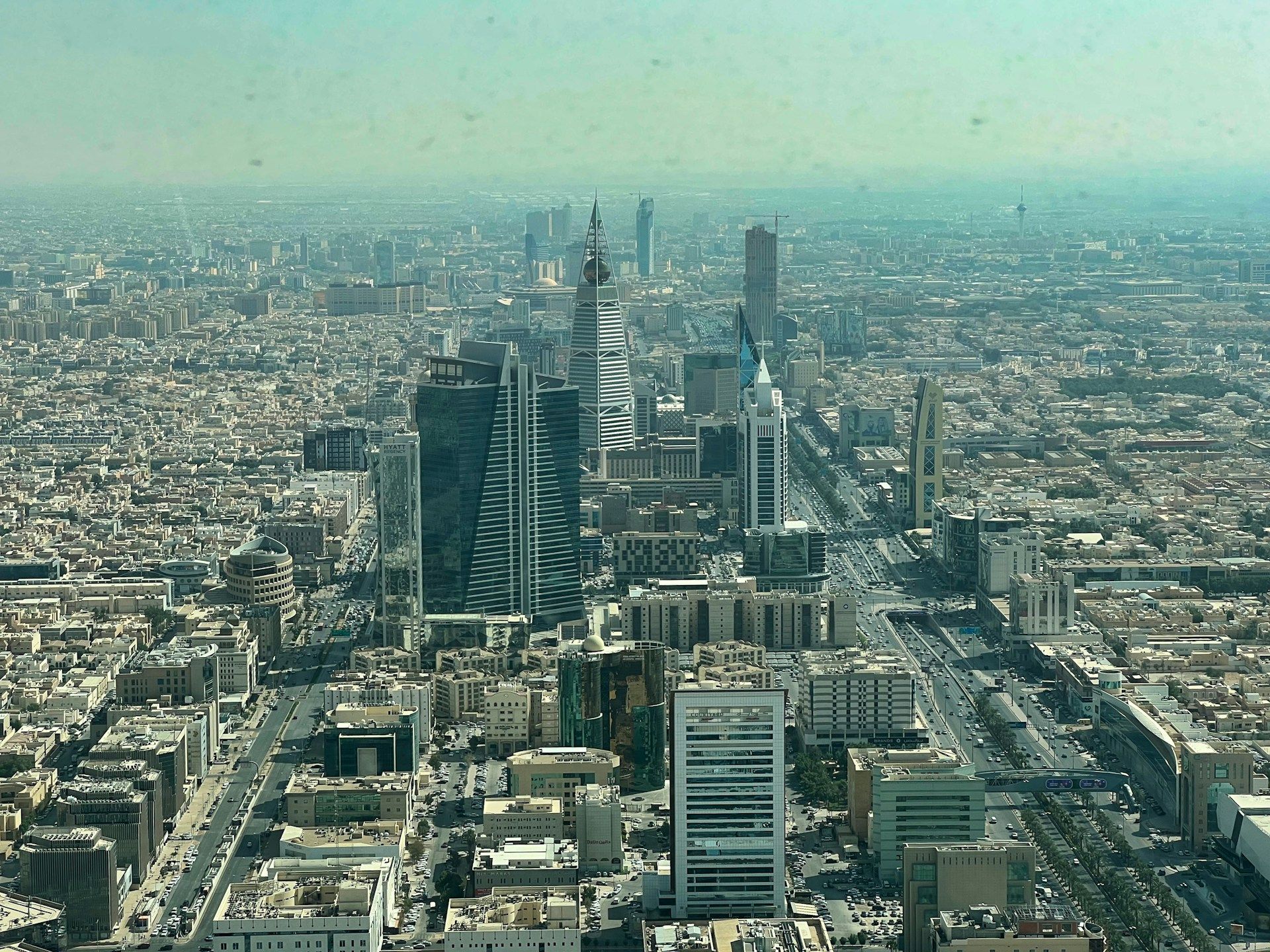
Conclusion: Who is life in Saudi Arabia suitable for?
Moving to Saudi Arabia isn't just a job change; it's a paradigm shift. This country is ideal for ambitious professionals attracted by the opportunity to participate in global projects, earn a competitive tax-free salary, and become part of one of the most ambitious socioeconomic experiments of our time.
Main advantages: high, "net" salary; safety; unique career growth; dynamically developing environment.
Main disadvantages: extreme climate (summer heat); cultural restrictions (no alcohol, strict rules of conduct in non-tourist areas); high cost of quality education for children; the need for a period of adaptation to local traditions.
Life in Saudi Arabia in 2025 is a unique balance between financial benefits and cultural adaptation. It is a challenge that can become an incredible experience for those who approach it with respect, openness, and understanding.

